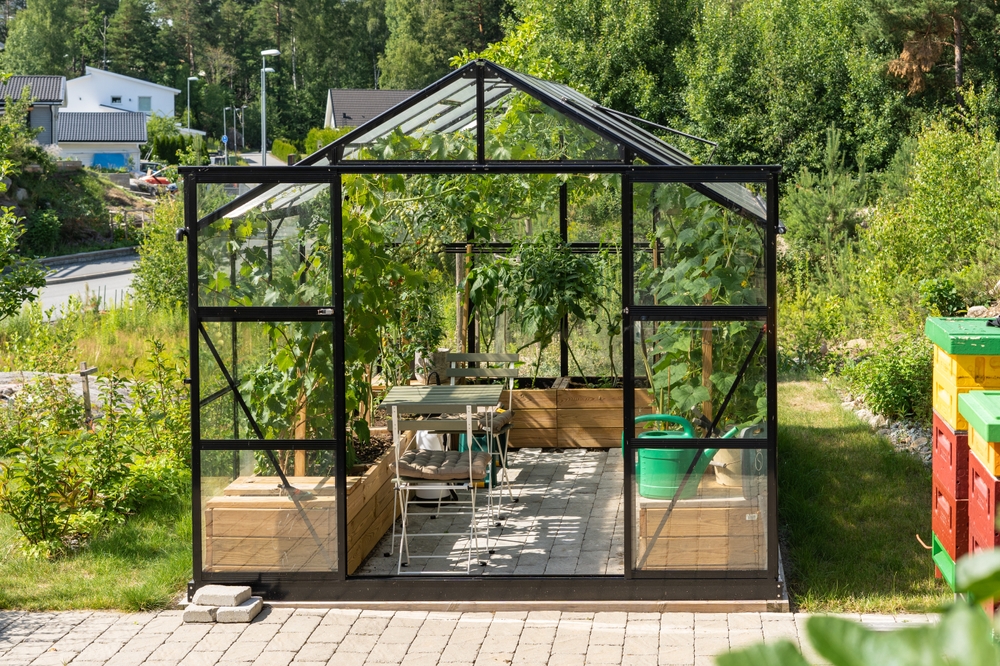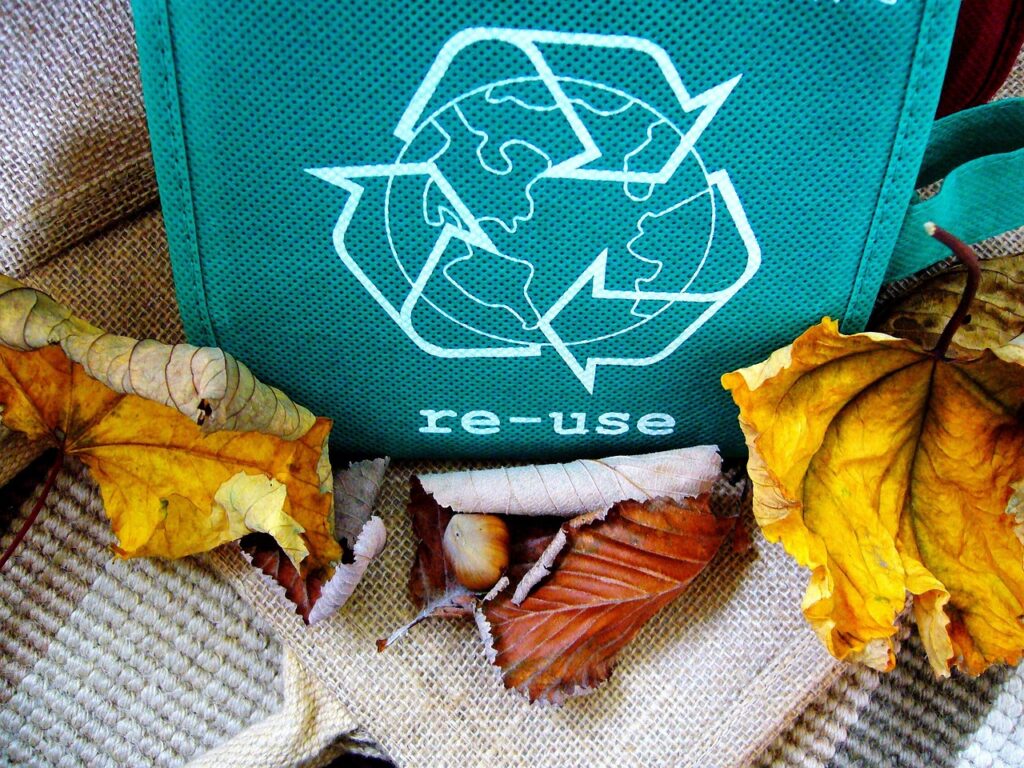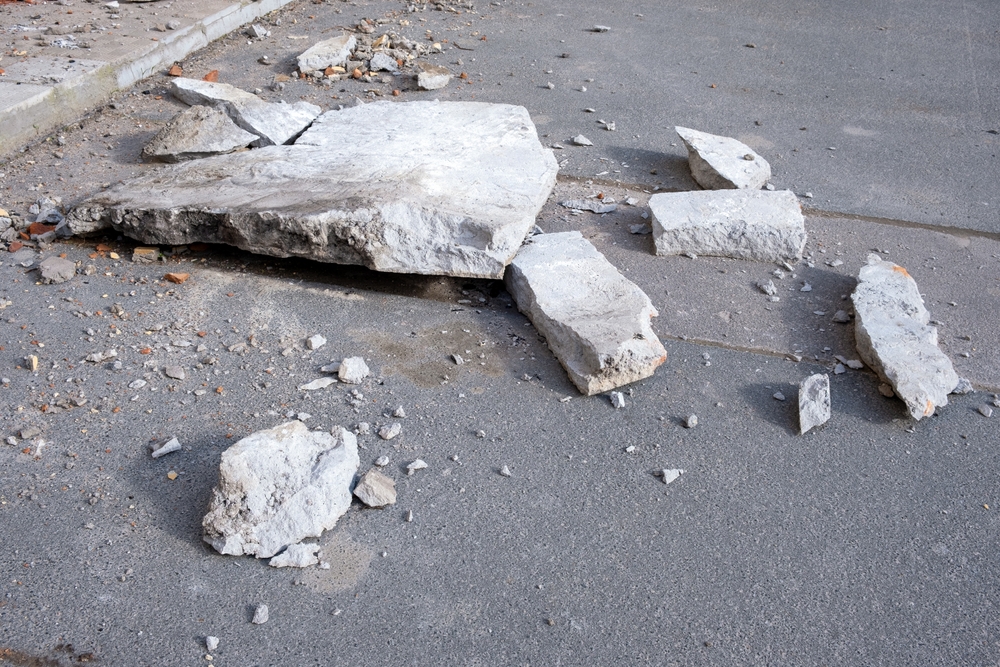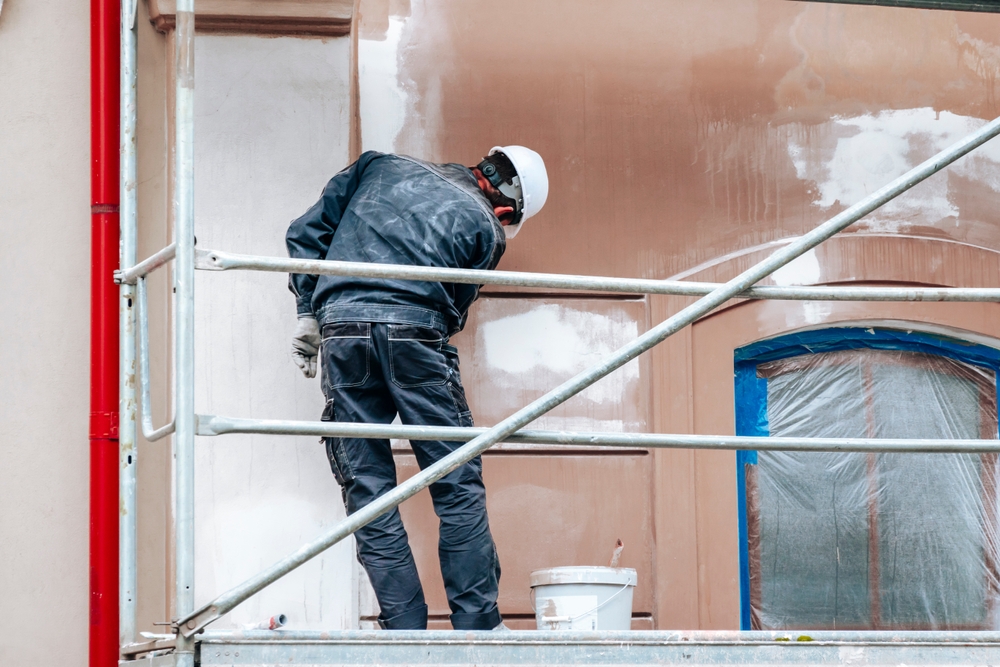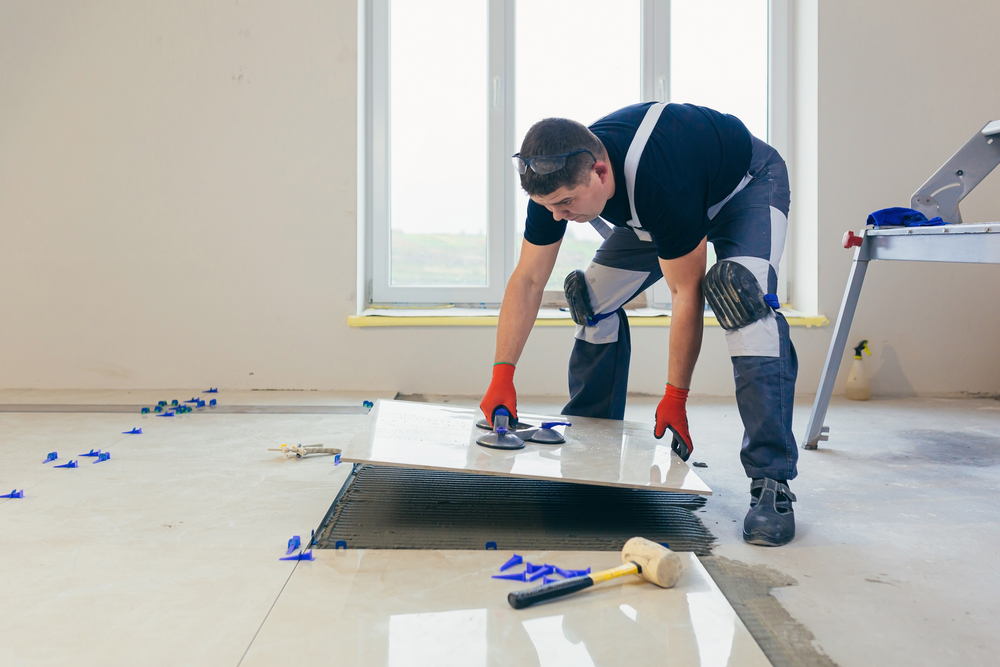February 8, 2024 - Benjamin Ehinger
Concrete Recycling Near Me: Locating Sustainable Building Material Options
CALL NOW 844-762-8449
When exploring options for dealing with leftover concrete, you might come across the increasingly popular method of concrete recycling. This process not only helps reduce the environmental impact associated with waste disposal but also provides a cost-effective alternative to traditional waste removal methods. Companies offering concrete dumpster rental services, like Waste Removal USA, seamlessly bridge the gap between disposal and recycling, ensuring that the heavy lifting on your end is minimized.
Recycling concrete is not only a smart choice for the environment but also for your budget. By opting for this eco-friendly route, you’re contributing to the reduction of landfill waste while simultaneously conserving natural resources by repurposing the material for new construction projects. Finding a concrete recycling facility near you is a practical step towards responsible waste management, and with the added convenience of dumpster rental services, the process is straightforward and hassle-free.
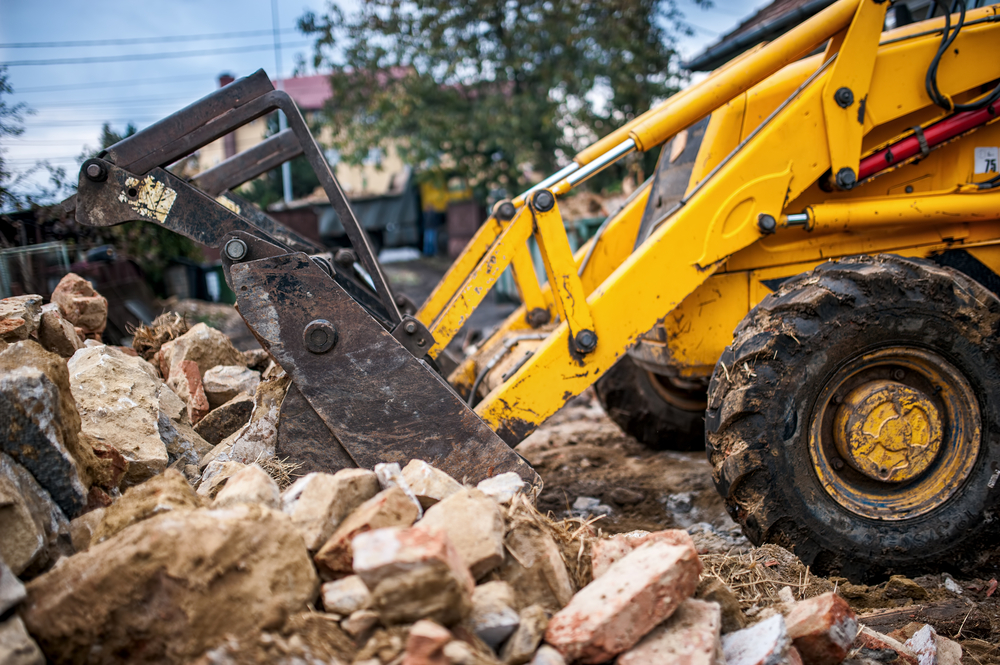 When searching for concrete recycling facilities near you, there are several online and local resources that can guide you to nearby locations where you can bring your concrete waste for recycling.
When searching for concrete recycling facilities near you, there are several online and local resources that can guide you to nearby locations where you can bring your concrete waste for recycling.
Key Takeaways
- Concrete recycling is an environmentally friendly and cost-effective method for disposing of concrete waste.
- Dumpster rental services streamline the recycling process, offering an easy way to manage concrete disposal.
- Locating nearby recycling facilities is essential for sustainable waste management and contributes to resource conservation.
Benefits of Concrete Recycling
When you recycle concrete, you contribute to several positive developments across environmental, economic, and societal domains. The process converts waste from demolished structures into valuable materials, reducing landfill waste and leading to sustainable construction practices.Environmental Advantages
- Reduction of Landfill Use: By choosing concrete recycling, you help decrease the amount of waste sent to landfills.
- Conservation of Natural Resources: Concrete recycling reduces the need for virgin materials like sand and gravel, which conserves natural habitats and reduces extraction activities.
Economic Benefits
- Cost Savings: Utilizing recycled concrete can lead to significant cost reductions in both construction and waste disposal.
- Job Creation: The recycling industry has the potential to create jobs in collection, processing, and resale of recycled concrete materials.
Societal Impact
- Community Building: Recycled concrete can be used in your local area, fostering a sense of community through the reuse of materials.
- Education and Awareness: Concrete recycling promotes environmental awareness and encourages communities to think about sustainable building practices.
Concrete Recycling Process
Concrete recycling is a crucial process that transforms waste concrete into reusable materials, which conserves resources and energy. This guide will walk you through the key stages of the processing, ensuring a thorough understanding of how waste concrete is given new life.Collection and Transportation
You can commence the recycling process by gathering concrete rubble. A pragmatic approach is to use a concrete dumpster rental to facilitate easy collection and transportation. Ensure the collected concrete is clear of contaminants, as these could hinder recycling quality.Crushing and Sorting
Once at a recycling facility, the concrete is subjected to crushing. This stage involves breaking down the concrete into smaller bits using industrial crushers. After crushing, sorting activities then segregate the crushed concrete by size, and any embedded rebar or metals are removed for separate recycling.Quality Control
The crushed and sorted concrete proceeds through a strict quality control process. It’s assessed for contaminants and size uniformity to ensure the final recycled product is of high quality. Recycled concrete must meet specific standards before being repurposed for new construction projects or as aggregate for road base materials. By understanding these processes, you can better appreciate how your involvement in concrete recycling can contribute to a more sustainable environment.Applications of Recycled Concrete
Recycled concrete is widely used in construction projects due to its durability and cost-effectiveness. Here, you’ll discover specific applications of recycled concrete in various areas such as road construction, landscaping, and as construction aggregates.Road Construction
When you consider road construction, recycled concrete provides a sturdy material for base layers under asphalt and concrete pavements. The process usually involves crushing and size-sorting the old concrete, a technique known to significantly reduce material costs and provide a reliable foundation for new roadways.Landscaping Products
In terms of landscaping, the versatility of recycled concrete comes to light. It’s a practical alternative for creating retaining walls and garden borders. Moreover, using crushed concrete for landscaping gravel provides excellent drainage and can give an aesthetically pleasing rustic appearance to your garden.Construction Aggregates
Your construction projects can benefit from recycled concrete as it can be a substitute for virgin aggregate materials. You can use it as a stable bed or sub-base layer beneath buildings and other structures. Not only does this practice save on extraction costs of new materials, but it also puts less strain on the environment by reducing the need to dispose of old concrete in landfills.Locating Concrete Recycling Facilities
 When searching for concrete recycling facilities near you, there are several online and local resources that can guide you to nearby locations where you can bring your concrete waste for recycling.
When searching for concrete recycling facilities near you, there are several online and local resources that can guide you to nearby locations where you can bring your concrete waste for recycling.
Online Directories
Online directories are valuable tools for finding concrete recycling facilities in your area. By using these services, you can quickly locate places that accept concrete waste. For example, the website Recycling Center Near Me provides a dedicated section for recycling concrete, where you can find processing facilities capable of handling concrete debris. Moreover, companies like Angelo’s Recycled Materials in Orlando, Florida, have detailed websites describing their recycling process and the types of materials they accept.Local Government Resources
Your local government’s official website or waste management department can also be a source of information on concrete recycling. They typically provide a list of approved facilities or partners that offer recycling services. For residents in Atlanta, Georgia, the City of Atlanta’s official portal would be the go-to for finding a local facility equipped to recycle concrete. Speaking directly with representatives can also give you up-to-date information on recycling programs and facilities in your region. By tapping into these resources, you’ll be able to find a concrete recycling facility near you that suits your needs, whether it’s for a large construction project or a smaller home renovation.Challenges in Concrete Recycling
When you look for options regarding concrete recycling near you, it’s essential to understand that although it is a sustainable choice, it comes with its set of challenges that may affect the efficiency and feasibility of the recycling process.Contamination Concerns
Contamination of concrete is a significant issue that can reduce the quality of the recycled concrete. When recycling concrete, it’s crucial to ensure that the materials are free from contaminants such as:- Reinforcing materials like rebar and mesh
- Soil and organic matter potentially mixed in during demolition
- Admixtures that may not be compatible with new concrete mix formulations
Transportation and Logistics
The transportation involved in concrete recycling near you can add to both the cost and the environmental footprint of the recycling process. Key aspects that need consideration include:- Proximity: The closer the recycling facility is to your location, the lower the transportation costs and emissions.
- Volume and weight: Concrete is heavy, and transporting large amounts can be costly.
- Routing: Efficient routing can reduce travel times and fuel consumption, but it requires careful planning.
Frequently Asked Questions about Concrete Recycling Near Me
How can concrete waste be recycled efficiently?
Recycling concrete typically involves crushing and pulverizing the material to smaller pieces for reuse in construction projects such as road gravel and landscaping. As an efficient method, concrete can be recycled locally, reducing transportation costs and energy usage.What size dumpster rental works best for concrete recycling near me?
For disposing of concrete efficiently, a roll off dumpster is recommended. The size depends on the scale of your project, with available options that can hold the equivalent of 3 to 12 pickup truck loads of debris.Is there a cost associated with recycling concrete?
While there may be costs involved in transporting and recycling concrete, these expenses are often outweighed by the savings on disposal fees and the purchasing of new materials. Remember that pricing can vary based on your location and the recycling services provided.What are the environmental advantages of recycling concrete?
Recycling concrete reduces the need for landfill space and the extraction of virgin materials, leading to a decrease in environmental impact. The process conserves resources and minimizes the carbon footprint associated with the production of new concrete.Can old cement be repurposed for new construction projects?
Absolutely. Pulverized recycled concrete can be used as aggregate in new concrete or as a base for roads and foundations, contributing to more sustainable construction practices and reducing the overall demand for new materials.Where can I find facilities that recycle concrete?
You can locate facilities dedicated to recycling concrete through local construction and demolition recycling services or waste management companies that specialize in recyclable materials.How does recycling concrete contribute to sustainable building practices?
Recycling concrete is pivotal in encouraging sustainable building by reducing waste, conserving natural resources, and lowering energy consumption associated with manufacturing new concrete. It also contributes to the circular economy, extending the lifecycle of materials used in the construction industry.RECENT BLOGS
Our Reviews
Glenda Lanier Prowell
1721758635
I have ordered an 11 yard dumpster to be delivered to my house.Lonier was extremely helpful and answered all my questions. The rate was very reasonable.
Cedric Smikle
1721660395
Amber was extremely professional and courteous. She answered all of my questions and even some that I didn’t know I needed to ask.
Cait Kaider
1721243051
I highly recommend Waste Removal USA for their responsiveness and how the staff work hard to provide exceptional customer service. They have done well by us and our clients. Thank you!
Easom Family
1721223306
Louiner Pierre-Louis Is awesome! Did a great job. Will definitely be using this same company for all my dumpster needs because of his awesome customer service! Thank you!!!
tabitha Vazquez
1720539988
Wonderful and fast customer service!
LATEST BLOGS
